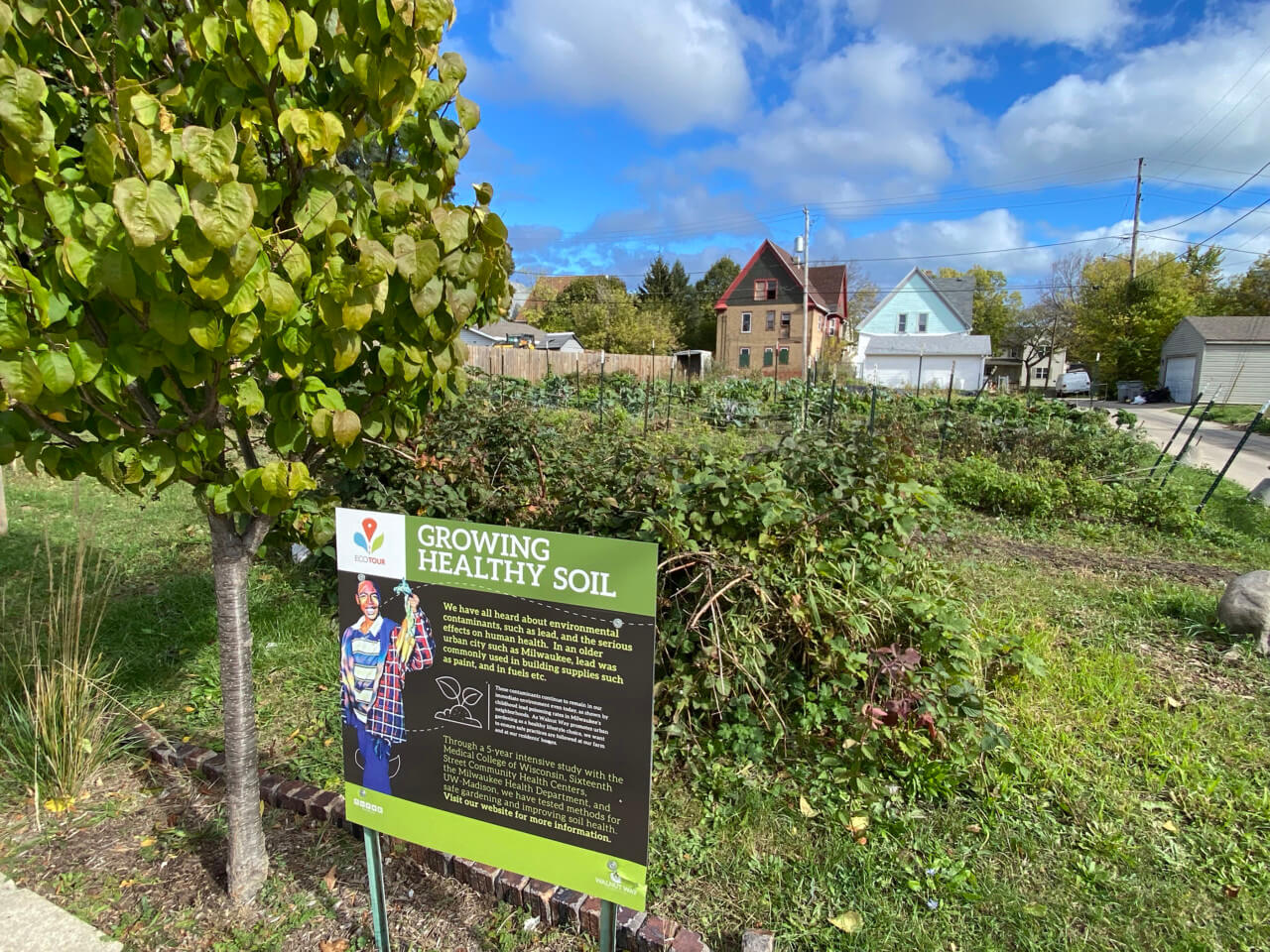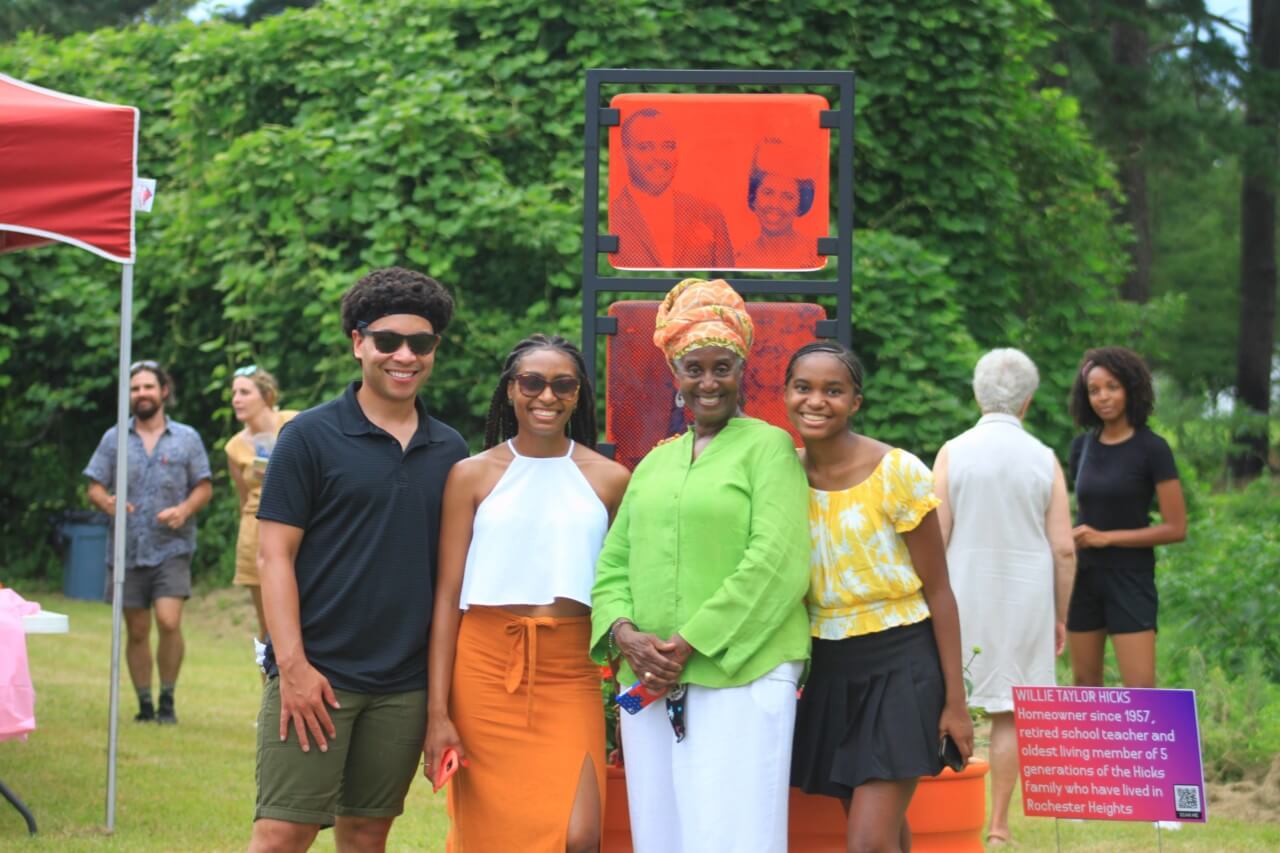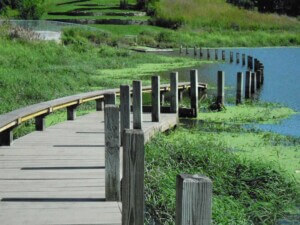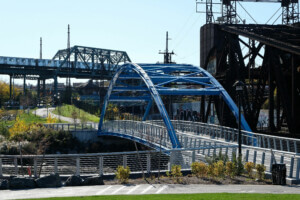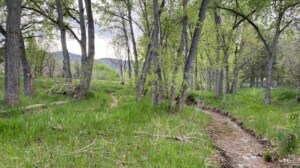The Cultural Landscape Foundation (TCLF) has released the 2021 edition of Landslide, a comprehensive annual report and accompanying digital exhibition that draws attention to—and raises awareness of the threats faced by—a diverse number of culturally significant American parks, gardens, horticultural features, working landscapes, and “other places that collectively embody our shared landscape heritage.”
Entitled Landslide: Race and Space, the 2021 report spotlights 13 relatively obscure cultural landscapes with profound ties to America’s Black, Hispanic, and Native communities. As with Landslides past, this year’s featured sites span the country and can be found in 11 states ranging from Texas to Wisconsin to Maryland, with two each in New York and North Carolina. Just as diverse as their geographic locales are the reasons that these landscapes are imperiled today: neglect, deferred maintenance, funding woes, climate change, development, and on.
Each respective featured site, however little-known it may be, tells its own powerful and unique local story, all of them brought to life by a series of short videos produced by TCLF dubbed Landslide Conversations. While many of these stories are rooted in division, eradication, and strife, the unyielding power of community and the hope for a better tomorrow is what shines through.
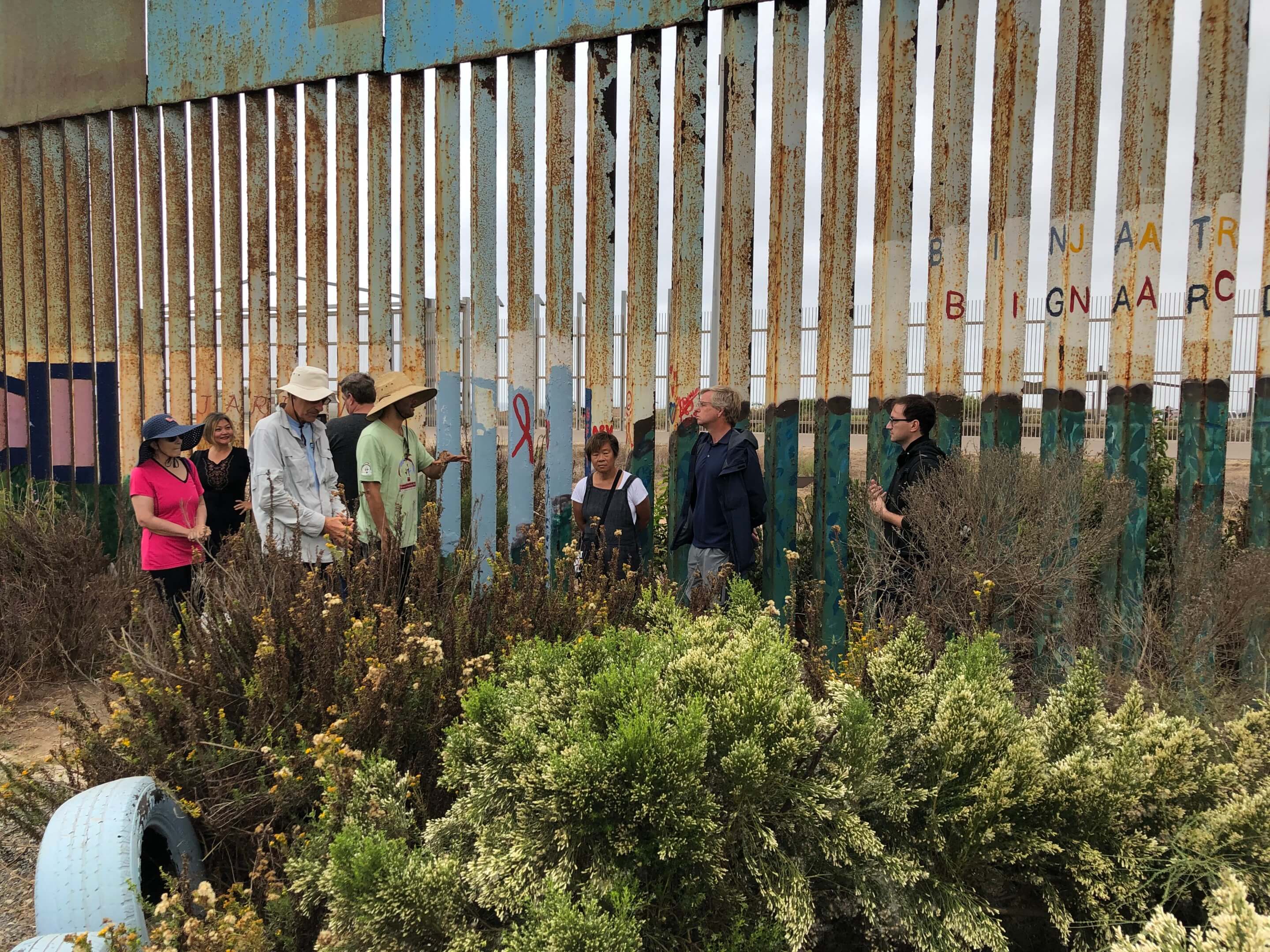
As an introductory page to the 2021 report expounds: “Our cultural landscapes have served as the setting for the origins, arrival, movement, and settlement of people in this country and the brutal consequences of the baseless assertion that one race is more entitled to space than others. A look back through history invalidates this assertion, showing that the ability to design, transform, and live in harmony with our surroundings is universal, possessed by all irrespective of race.”
The sites include Chicago’s underutilized and woefully under-maintained lakefront Milton Lee Olive Park, which was designed by Dan Kiley and named after a valiant young Chicagoan who, in 1966, posthumously became the first African American soldier serving in the Vietnam War to be awarded the prestigious Medal of Honor; the pollution-tainted, development-encroached Carpenter Creek in Escambia County, Florida, where an informal swimming hole served as a recreational hotspot for all during an era when similar destinations like swimming pools and beaches were racially segregated by law, and the San Diego section of Friendship Park, a half-acre, bi-national cultural landscape established in 1971 on the international boundary line between the United States and Mexico where a once-vibrant native garden was (inadvertently) bulldozed into oblivion last year by border patrol agents.
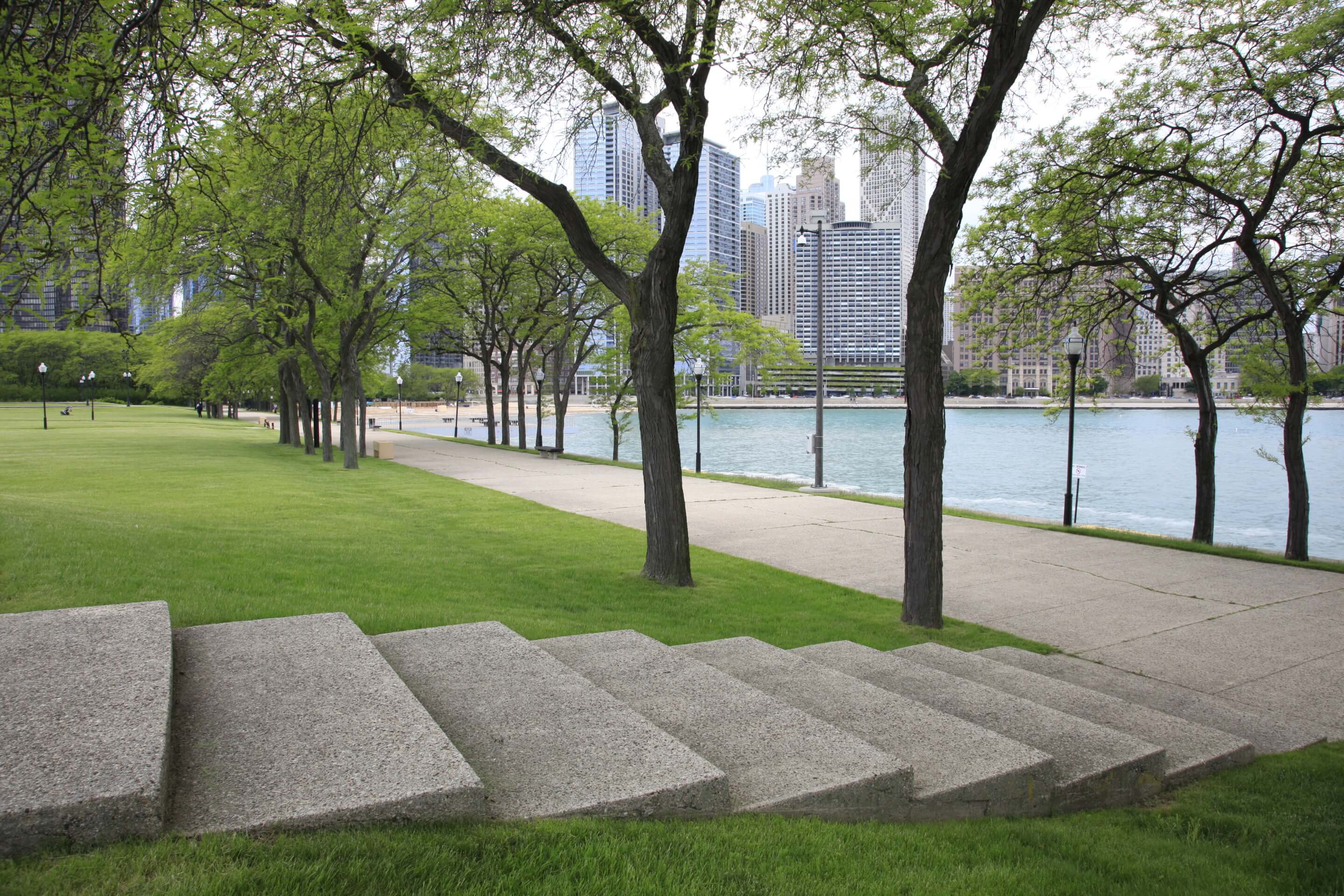
“Landslide 2021 broadens our understanding of our nation’s complex history by raising the visibility of its overlooked cultural landscapes,” said Charles A. Birnbaum, president and CEO of the Washington, D.C.-based TCLF, in a statement announcing the launch of this year’s report.
Along with the in-depth video interviews that accompany each of the 13 threatened landscapes are five additional Landslide Conversations that delve into the core throughlines of the 2021 report: Rootedness, featuring landscape architect Kofi Boone; Truth-Telling Landscapes and Unpacking Our Perceptions, featuring architect April De Simone, principal at Trahan Architects; Spatial Nostalgia, featuring landscape architect Walter Hood, and Erasure, featuring author Linda Tarrant-Reid.
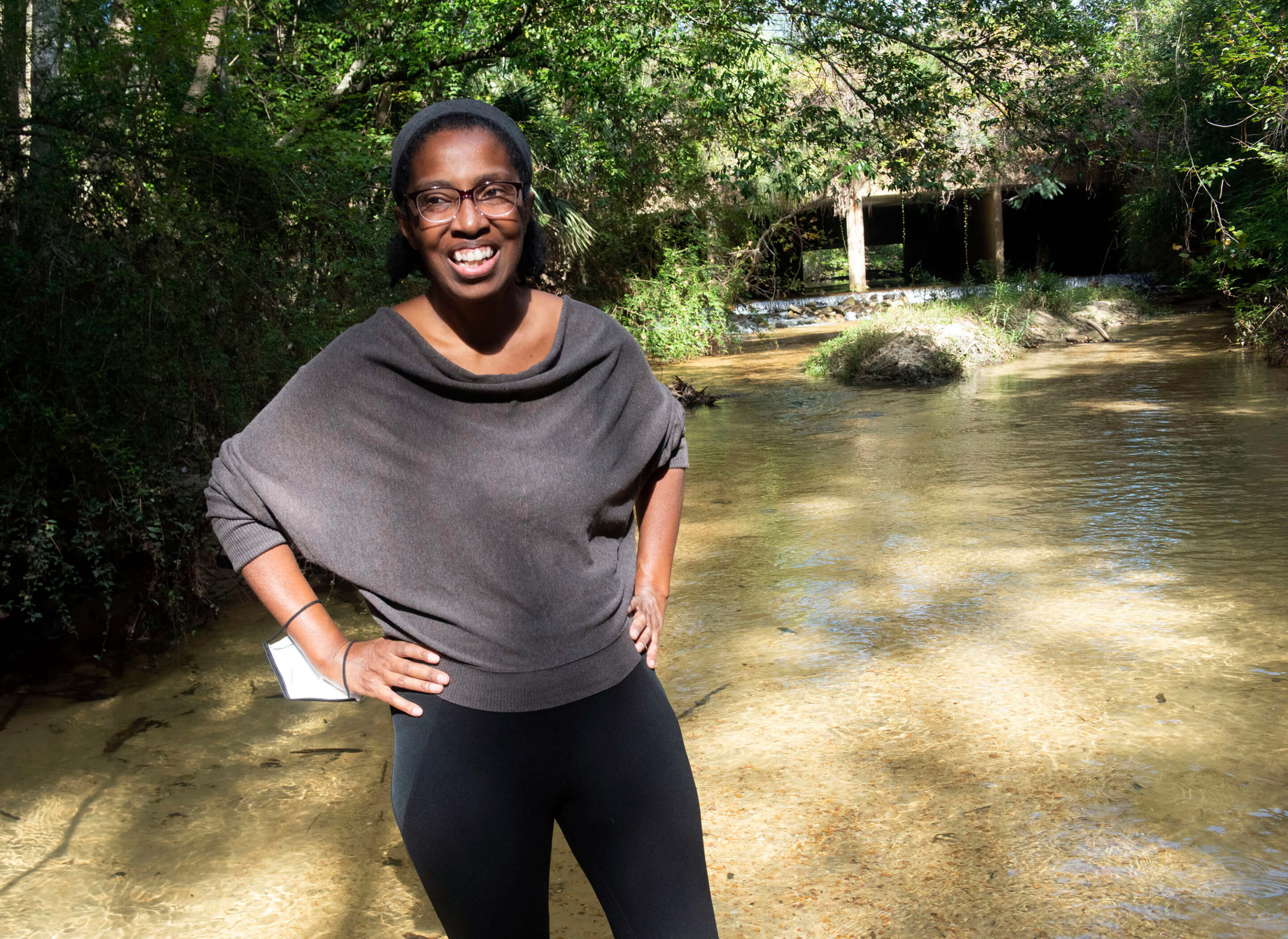
Below are this year’s selected sites, linked to their respective profile pages in the report:
Carpenter Creek | Pensacola, Florida
Chickasaw Park | Louisville, Kentucky
Dabney Hill | Burleson County, Texas
Friendship Park | San Diego
Lincoln Avenue Community | New Rochelle, New York
Lindsay Heights | Milwaukee
Milton Lee Olive Park | Chicago
Nikwasi Mound | Franklin, North Carolina
Rochester Heights | Raleigh, North Carolina
Sandy Ground | Staten Island, New York
Shockoe Hill African Burying Ground | Richmond, Virginia
Water’s Edge | Oxford, Maryland
Wink’s Panorama at Lincoln Hills | Gilpin County, Colorado










